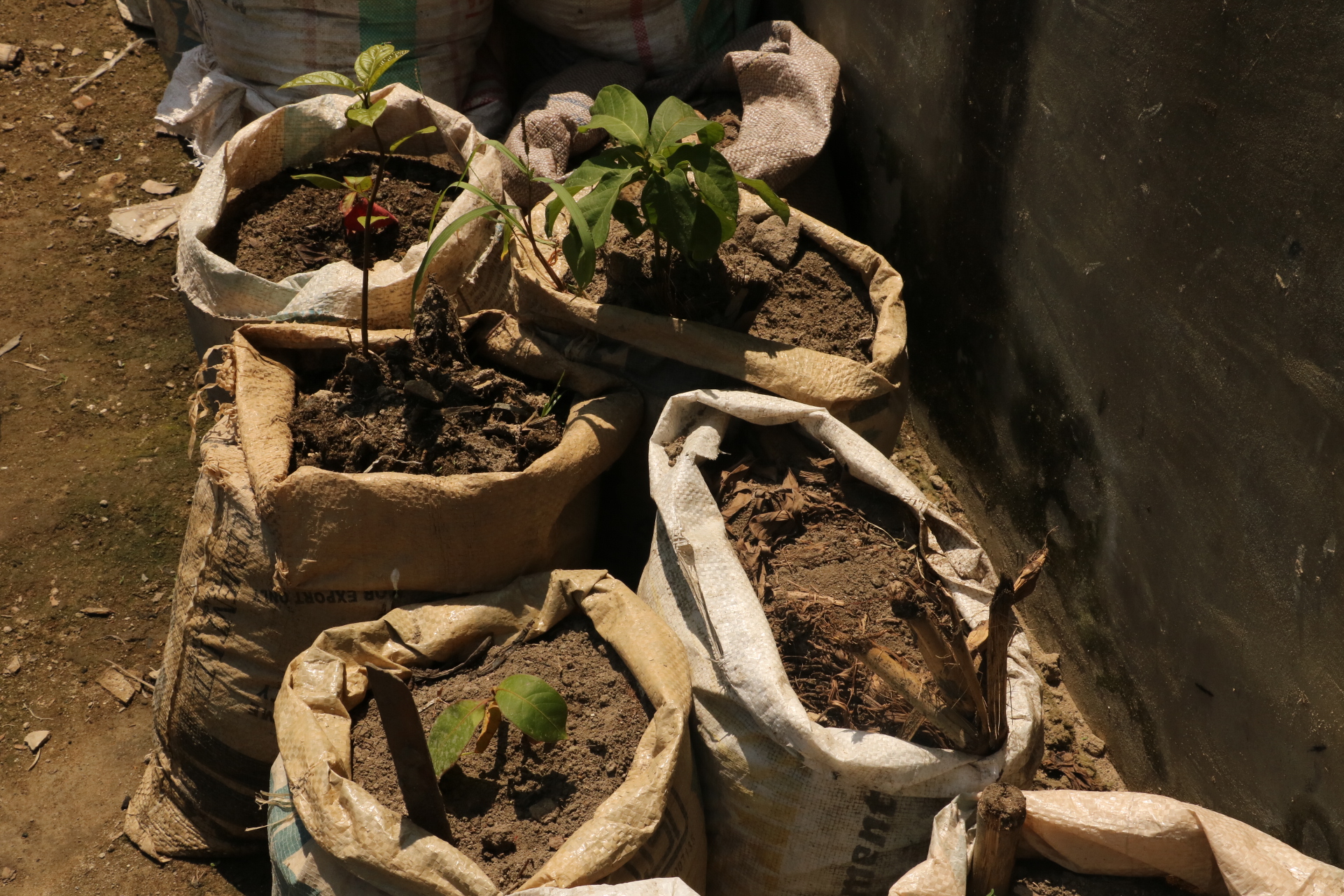To improve people’s wellbeing while preserving Swahili cultural heritage and natural beauty, we support our local partners to find and adopt appropriate new, sustainable ways to interact with the environment.
Sustainable East Africa is here to support and empower locally-led initiatives to find and adopt appropriate new, sustainable ways to interact with the environment and sustain the culture. This will be the foundation of a sustainable movement in East Africa that is locally-driven, self-supporting and collaborative, transforming lives and livelihoods of those most in need while safeguarding natural resources for the benefit of future generations.
With the motto Sharing Sustainable Solutions, the founders of Sustainable East Africa believe that:
- Long-term economic and social development can only be achieved when our reliance on the environment is widely recognised and natural resources are used wisely and responsibly in all sectors, so that the environment is protected for future generations.
- Effective collaboration and acting from community- rather than self-interest are essential because the issues affect everyone, resources are shared and costs are not borne equally. For sustainability, communities must be empowered to determine their own future.
- Honesty, integrity, mutual respect, and open communication and sharing of information and resources are fundamental to effective collaboration.
Together we can build a Sustainable East Africa: the future of the Swahili Coast and the welfare and livelihoods of East Africans depend on it.
The Zanzibar archipelago and Swahili Coast are blessed with a rich cultural heritage and a beautiful natural environment, which supports livelihoods and economic development through farming, fishing and tourism.
As the region develops, tourism rises and its population grows, natural resources such as forests, fisheries, soil and water, upon which both economic growth and livelihoods depend, are being used more quickly than they can recover naturally, and becoming degraded. through inadequate sanitation and waste management, and changes in land-use.
The adverse consequences of declining resources are not necessarily experienced in proportion to the individual rate of consumption of these resources: disadvantaged communities are most vulnerable, and poverty and inequality are exacerbated when resources become scarce.
Many communities and groups are motivated and actively working to improve their lives and livelihoods sustainably, but they are held back from achieving their full potential by a lack of access to education resources and sustainable livelihood options, and by a high dependence on external aid.
The challenges faced in this region are not unique and many effective sustainable solutions already exist both here and elsewhere that could be adapted and implemented more widely.

